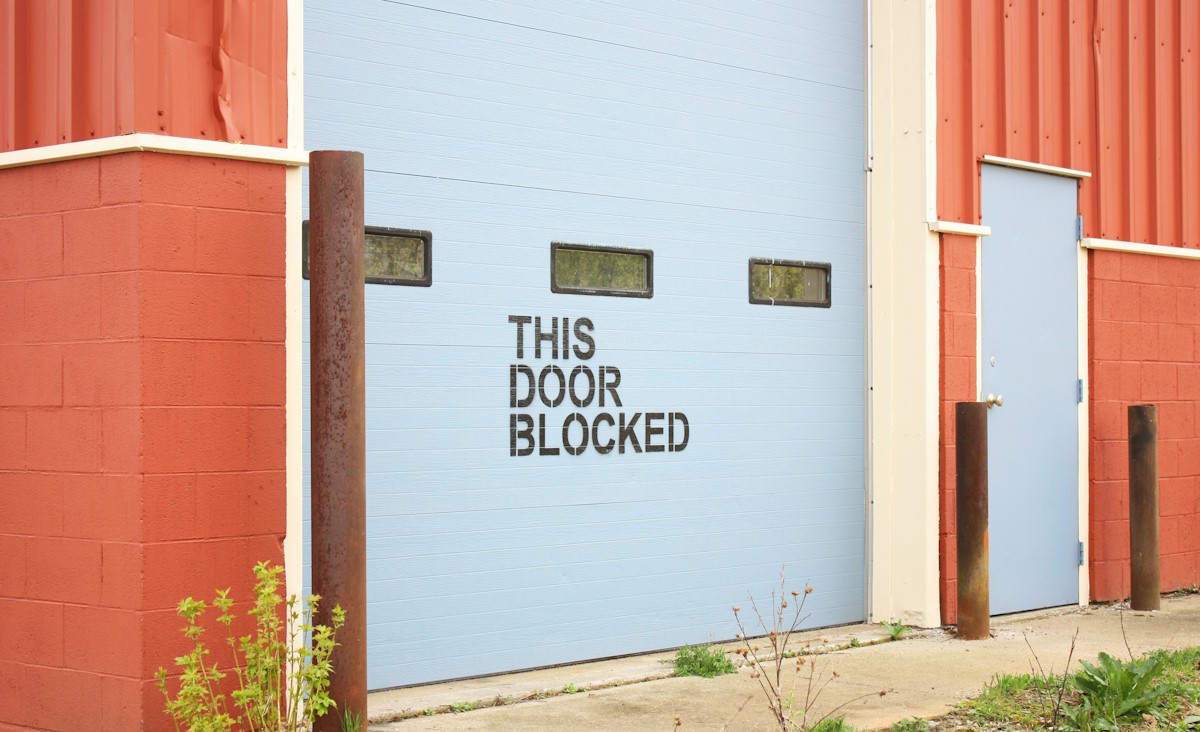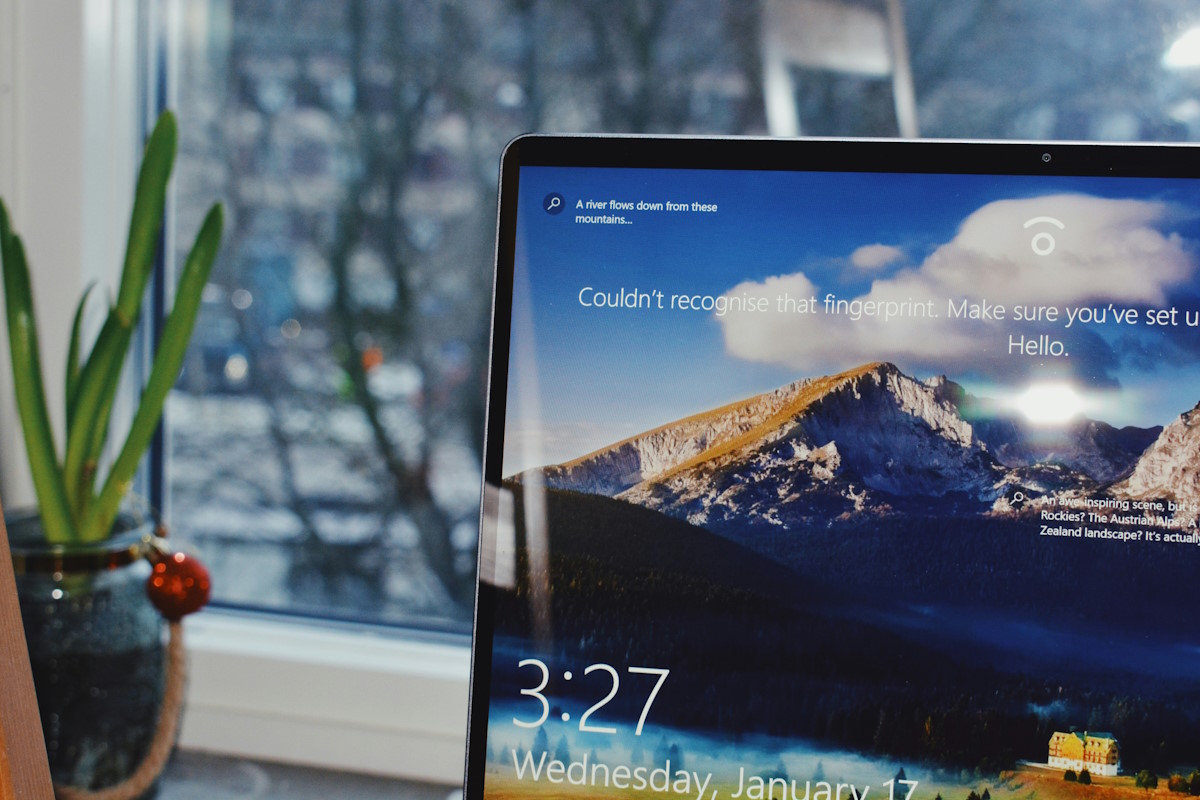Pirated Keys only cause 80% of all WGA failures
You all know windows genuine advantage (wga) which checks if you are running a legit copy of Windows XP on every startup and when you try to download certain tools and updates from the Microsoft website. Microsoft confirmed that only 80% of all WGA failures are caused by pirated keys which means that about 20% are not caused by pirated keys.
I think this is pretty interesting. Ed Bott from Zdnet tried to get an answer about the other 20% and received an evasive answer stating that Microsoft would not be able to share specifics and that those mostly resulted from "activities such as various forms of tampering and unauthorized OEM installations." The only conclusion that I can come up with is that there is most likely a large number of false positives and Microsoft does it's best to keep this number secret.
Update: The Computer World article has been deleted, and is no longer available as a result. Ed Bott's piece is still available though.
Microsoft followed up on the false positive rate two weeks later on the Genuine Windows Blog where the company tried to explain why there were so many false positives, 60 million at the time out of 300 million validations.
According to the post, only a handful of those false positives where in fact real false positives, while the large majority were flagging systems as not genuine that indeed were not. The article mentions four scenarios in which the tool is working correctly.
AdvertisementScenario 1: the PC user was sold counterfeit but it looks genuine to them so their first reaction is shock followed by disbelief and frustration (occasionally people seem to contact us right at this point!) but in truth these people are victims and the product is really a counterfeit made to look like genuine. When people are ripped of this way we offer to replace their product with a genuine copy if they fill out a counterfeit report and send it and the counterfeit into us. So far we've provided hundreds of free copies of Windows to users who've been ripped by high-quality counterfeit, and we plan to continue this offer.
Scenario 2: the PC user really doesn't know that they did something wrong, such as install the same copy and key to more than one PC at the same time. If a customer such as this bought their copy at a reputable outlet, a national chain or received Windows pre-installed on a PC from a major manufacturer they might believe that what they have is 'genuine' but they don't realize that they're violating the license in a way that results in a WGA failure. The solution to this is really educational, there are some requirements as to how Windows can be installed, these are of course spelled out in the EULA and for many are common knowledge.
Scenario 3: a friend or acquaintance offers to 'fix' or repair your system or offers a 'free upgrade' by installing their copy of Windows on your machine. as in the scenario above, if you didn't now that wasn't allowed under the license you have for Windows you might be surprised when WGA fails. The challenge in scenario 3 and 4 is that there is no way to tell the difference from someone unknowingly pirating the software, with good intent or not, and someone who does this for a living to rip off consumers and/or Microsoft.
Scenario 4: you take your PC to get a new video card or hard drive or to be worked on for some other reason at a repair shop, in the process of the upgrade a new [improper] copy of Windows is installed. Sometimes this happens because those doing the work will take shortcuts to install a copy of Windows that is laying around or is convenient. Often times this is done with a key and a copy of Windows that's handy for the repair person but is really the wrong version or edition or installation for your system. WGA detects some of these miss-matches and will fail systems that are installed with versions of Windows that aren't licensed properly. For customers who find themselves in this situation there's a number of solutions available none of which require that they purchase a new copy of Windows.



















Buddy ! I just instll win 2000 pro (pirated) and validate it. Voila! micro… says it’s GENUINE and I downloaded EEEVVVEEERYTHING. Just put the number
“********” (without quote) in the validation box and you are ready to go …..
(Note: the number worked for Win XP + Win 2000 in my comp.. it may not be valid for you)
Considering I have dealt with an average of 2 false positives per day for the last month I must say it’s very good at catching generated keys in the 640 PID range though. I have noticed that a little under 50 percent are false positives mostly tampering as Microsoft said in the order of activation hacks and improper Product keys and fixing it is as simple as reentering the COA Product key. or activating windows usually have to do it over the phone so you can answer the why are you reinstalling for the 5th time questions This is just my personal experience